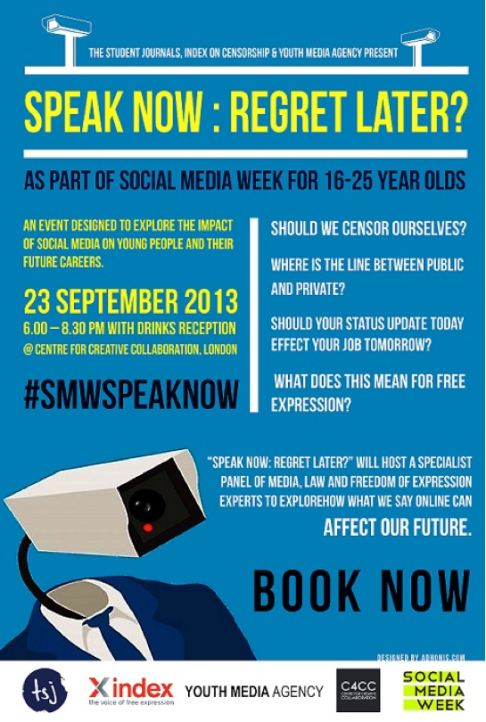It happens more often that sites get hacked. Although this seems as a disaster at first sight, it could be of great importance and advantage for firms to actually invest time and money in social media crisis management. Online brands and companies are given the opportunity to learn from this due to highly visible fallout from experience of others. The same happened to Buffer, which was hacked this weekend. This resulted in a huge Saturday afternoon crisis.
”I wouldn’t say it was a positive experience for Buffer, but I will say this: it turned out okay. Not awesome, but okay. That’s about the best you can hope for when hackers cause an interruption in service for your customers that lasts several hours”: as the CEO said.
Within no time, Buffer responded to each mention or comment they got online through social network sites such as: their blog, Facebook page, Twitter page, through the media, to make sure that customers were fully informed. It was a good example of how crisis management works. It needs to be fast and efficient. Every employee started to inform customers by phone, or on social network sites. It bonded the whole team within the company.
Most companies start panicking when they are being hacked. However, they should not, because it can happen to any company at any time. The most made mistakes when it comes to crisis management:
- Failing to understand your customer base and the risks inherent to social promotion even at the most basic level, as in McDonald’s disastrous #McDStories campaign.
- Attempting to gloss over problematic issues by refusing to discuss them in social channels, as Lululemon demonstrated during their see-through pants crisis.
- Failing to communicate openly and honestly with users in a timely manner—see Sony’s four-day silence on their April, 2011 hacking.
- Planning to fail by failing to plan, as was demonstrated by HMV execs, who had no process in place to remove access when employees took over their Twitter as they were being fired.
- Panicking and removing the brand from the conversation (which will inevitably go on without you); see the City of Regina Police Department’s social meltdown after an officer killed a dog in a backyard. The flurry of social hate was “unmanageable,” so they shut their Facebook Page down completely… for 5 months.
There are a lot of ways to managed the team, processes and partners to reduce the impact of the interruption and even reinforce their core values to customers, all without going up in social flames, such as Buffer did.

